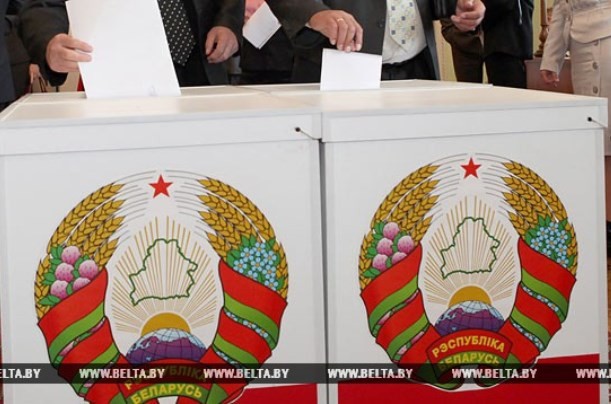Belarusian authorities introduce some competition and uncertainty in electoral process
 The situation has not changed
The situation has not changed

The Belarusian authorities have somewhat reduced campaigning participants in number in order to preserve control over the election process, but nevertheless allowed high competition for parliamentary seats to ensure high turnout. The Belarusian leadership is aiming for a well-handled competition among the opposition and candidates from pro-governmental political parties and nomenclature. Presumably, the authorities have left room for some intrigue in the election campaign in order to step up their positions in negotiations with the west.
521 candidates will compete for seats in the lower chamber of the Belarusian National Assembly of the sixth convocation.
During the candidates’ registration process, the most careful screening of potential candidates to the parliament was in the regions. Election participants from the opposition have marked a substantial increase in those dissatisfied with the authorities’ socio-economic policy in Belarusian regions and district centres. Most likely, the Central Election Commission has given some leeway to local election organizers, depending on local context. In some regions, local election commissions were stricter when screening candidates for further participation in the campaign.
In Minsk, the authorities have not registered the most resonant and undesirable candidates, who were annoyingly critical of them or used non-conventional ways to collect signatures. For example, the election officials have not registered lieutenant colonel of militia in reserve Nikolay Kozlov from the United Civic Party and political analyst Ales Lahviniec from the For Freedom movement.
Some independent analysts have noted, that the authorities increased the chances for some moderate opposition representatives with nationalistic-cultural background to win parliamentary seats. For instance, in the constituencies, where candidates included representatives of the Belarusian Language Society Aleh Trusau and Alena Anisim, the authorities have not registered major contenders from the nomenclature. Yet the issue with the registration of former presidential candidate Tatsiana Karatkevich from the Tell the Truth campaign as a candidate has not been resolved. The final decision on registering opposition candidates to the parliament is likely to be pending at the highest level.
Apparently, the authorities have introduced some elements of competition among nomenclature candidates for parliament. In some districts in Mogilev, Brest and Grodno regions and in Minsk, the authorities have registered nomenclature candidates who have equal political weight. Everything suggests that the authorities are probing the elements of ‘managed democracy’ and introducing an additional layer in the Belarusian political system.
By introducing elements of competition and some unpredictability in the election process, the Belarusian authorities are hoping for a positive feedback from Western observers.
Subscribe to our newsletter




Situation in Belarus
Constitutional referendum: main consequences


 Video
Video
How to count the political prisoners: are the new criteria needed?


 Video
Video
Paternalism In Decline, Belarusian Euroscepticism, And The Influence Of Russia


 Video
Video











